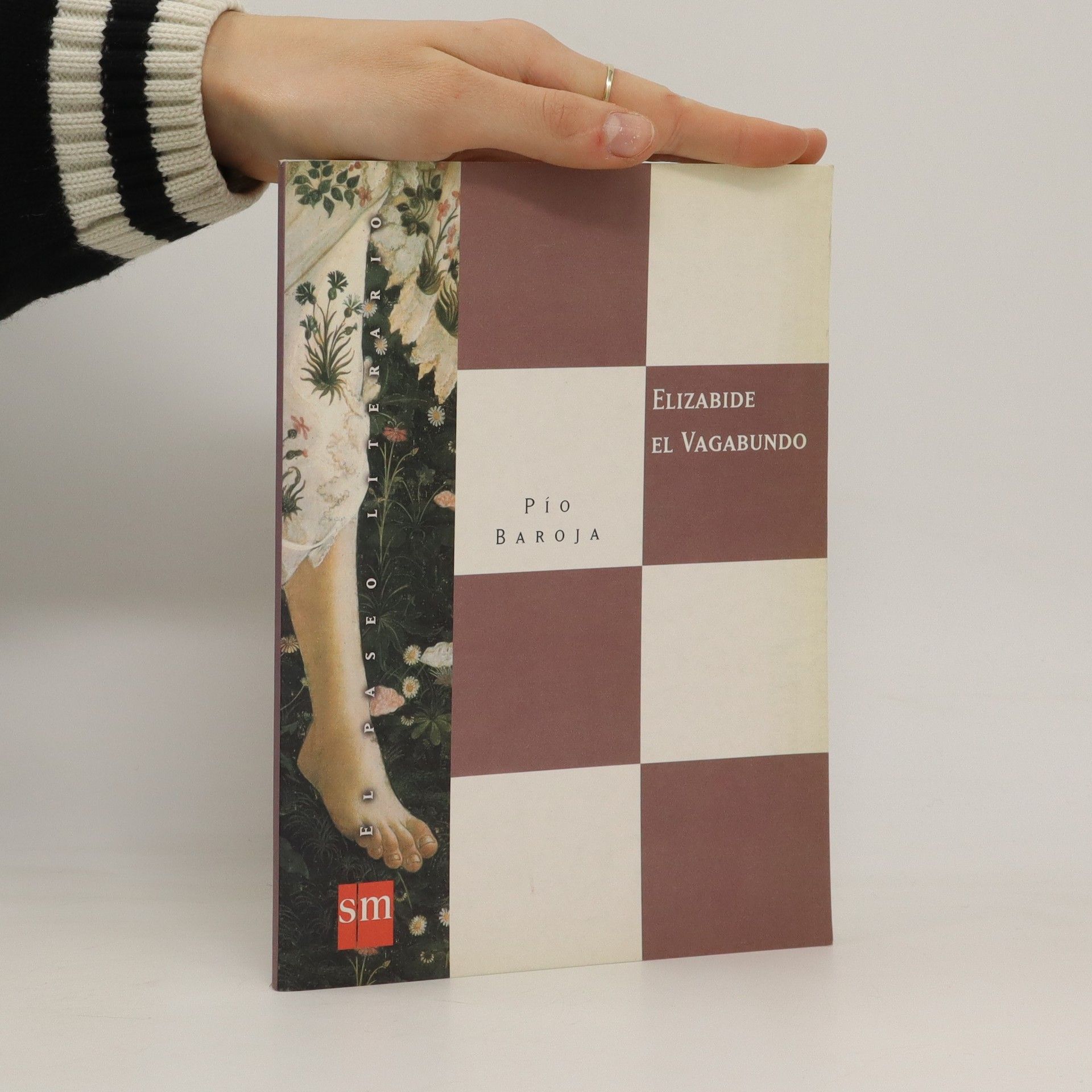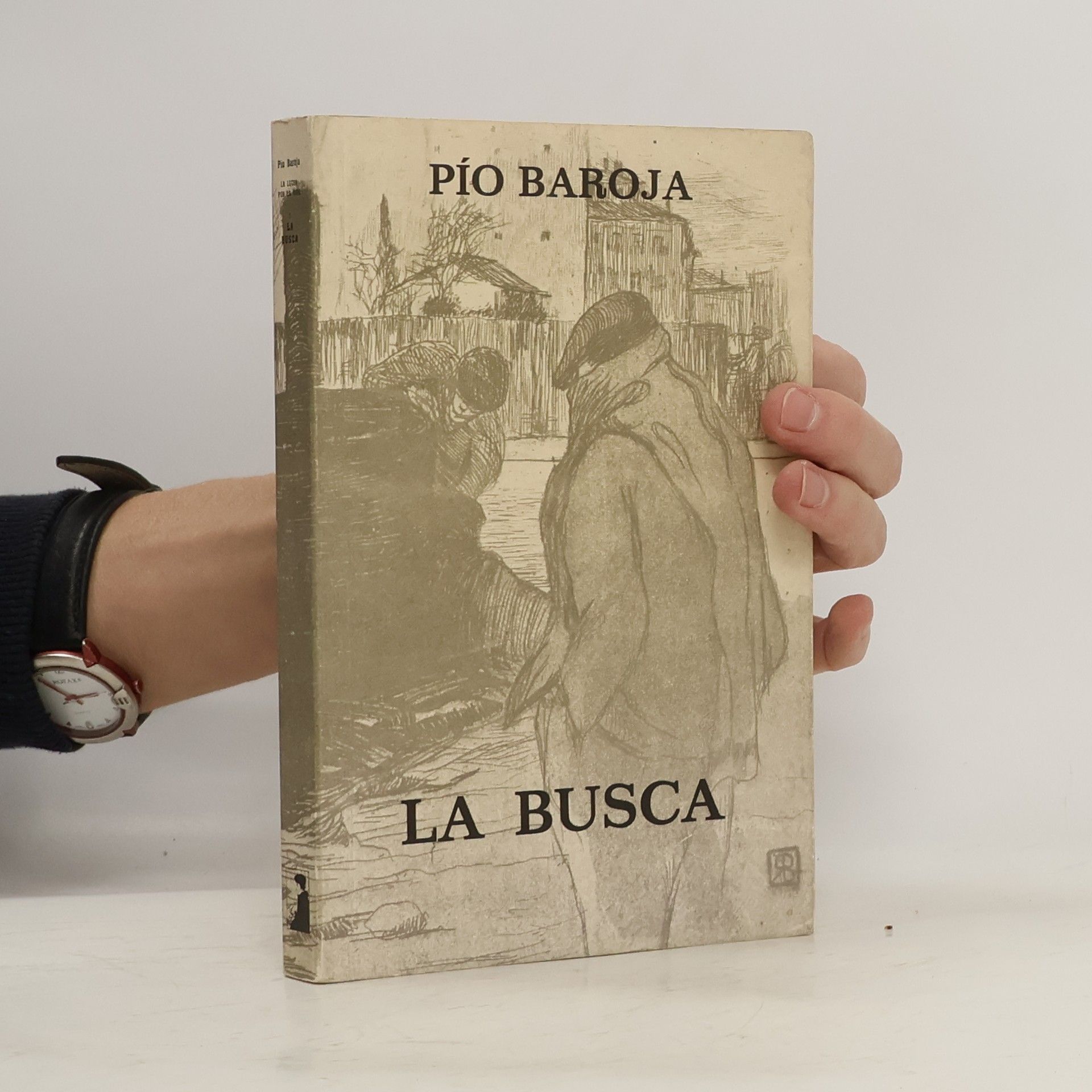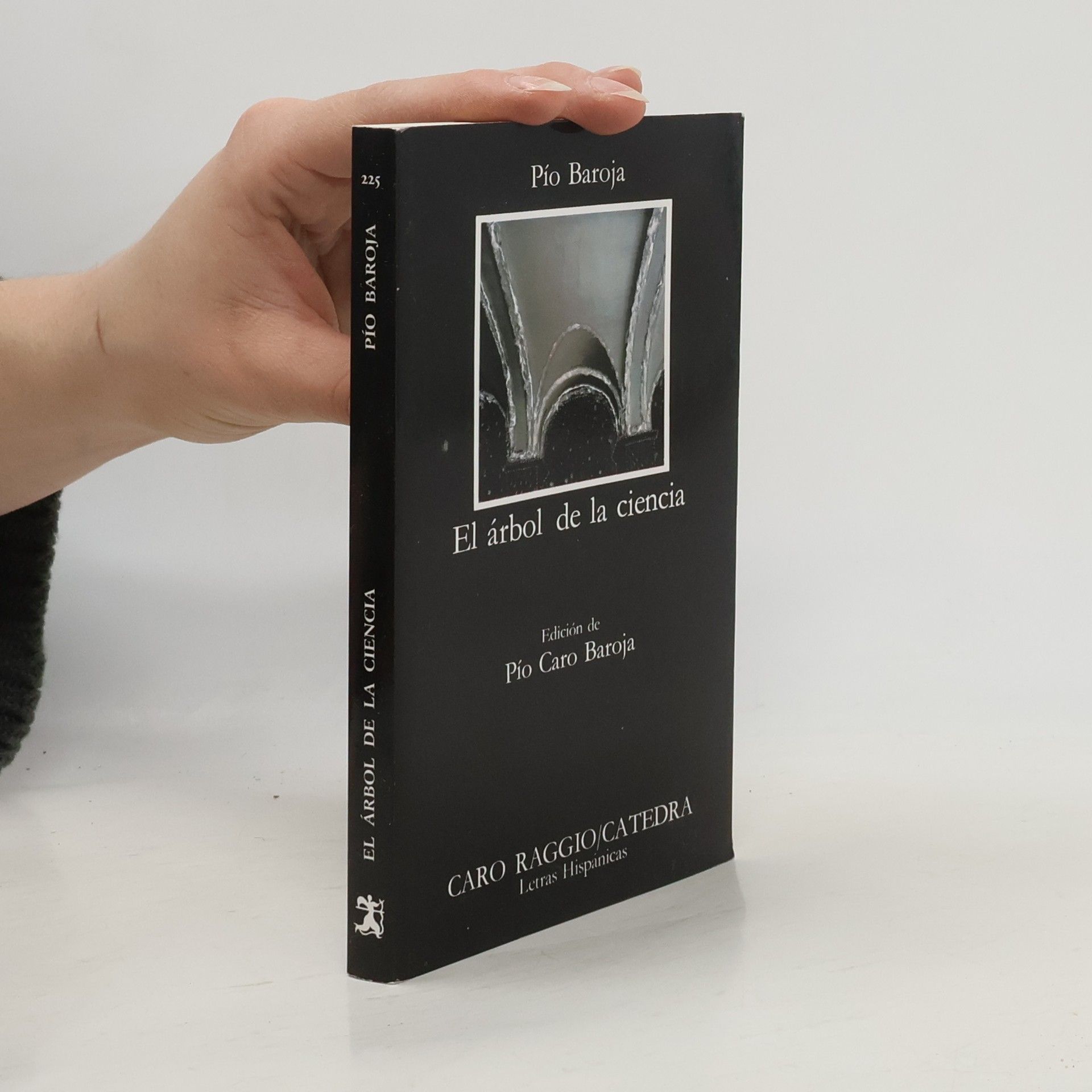Pio Baroja Bücher
Pío Baroja war ein außergewöhnlich produktiver spanischer Romanautor, dessen Einfluss auf spätere Schriftstellergenerationen immens ist. Seine Prosa zeichnet sich durch rohe Ehrlichkeit und eine bissige Kritik der spanischen Gesellschaft an der Jahrhundertwende aus. Baroja tauchte in die Leben von Randfiguren ein und fing ihren Überlebenskampf mit unerschrockenem Realismus ein, wobei er das Elend und die sozialen Ungleichheiten seiner Zeit aufdeckte. Seine Meisterschaft im Erzählen und seine Fähigkeit, verletzte Seelen darzustellen, machen ihn zu einer Schlüsselfigur der spanischen Literatur.


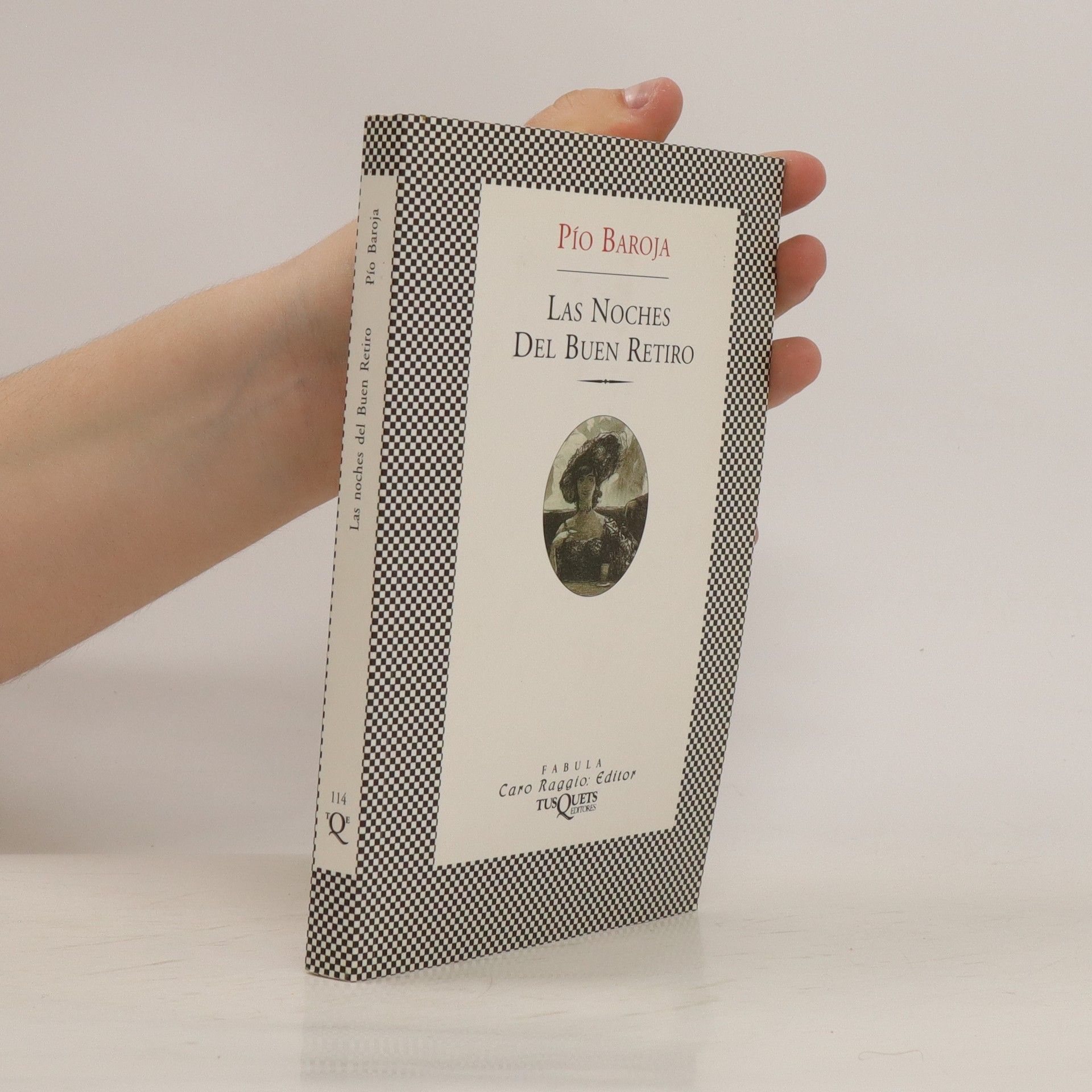


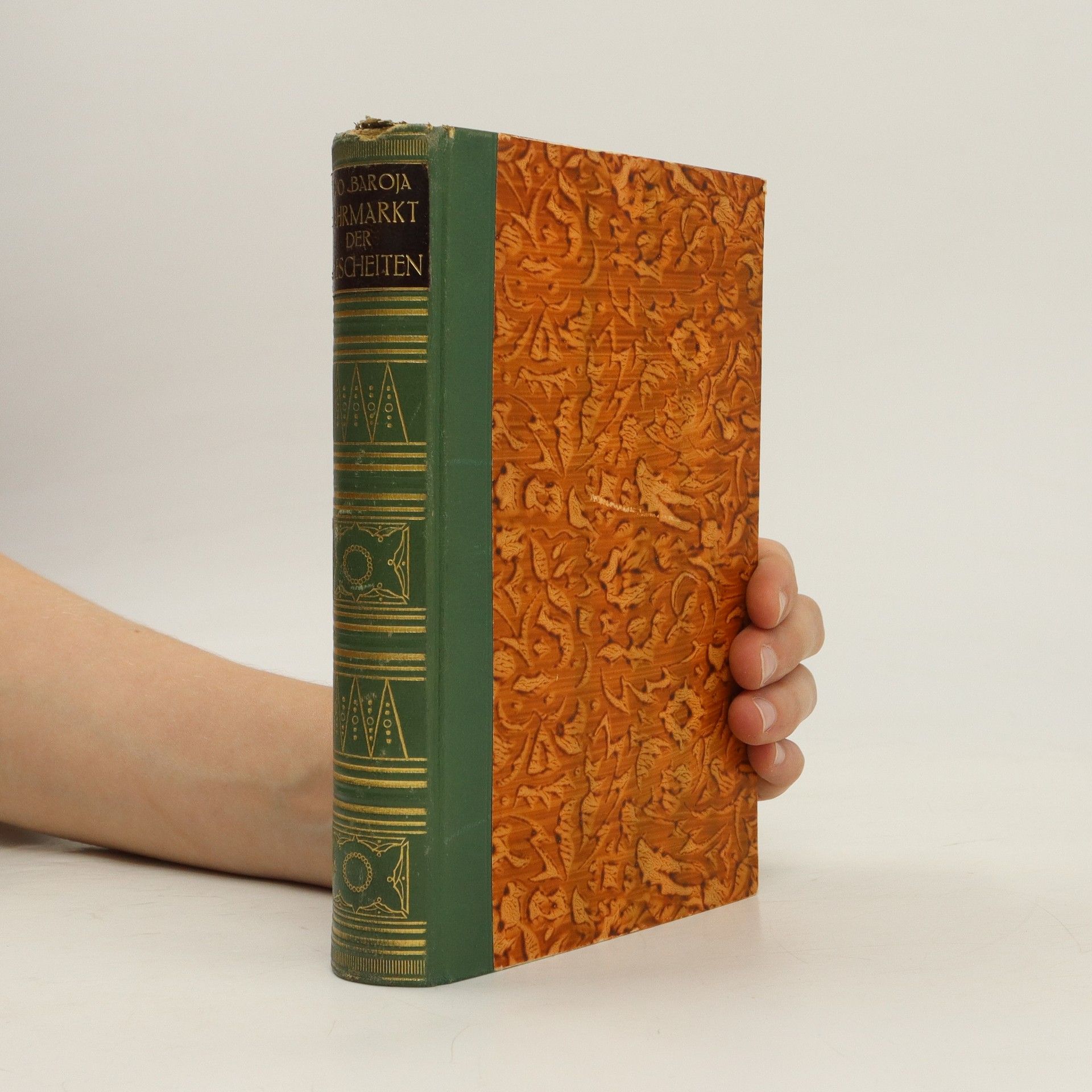

The City of the Discreet
- 356 Seiten
- 13 Lesestunden
Set in 19th-century Andalusia, the narrative presents a gentle parody filled with a diverse cast of characters, showcasing Baroja's descriptive talents and subtle humor. The vivid portrayal of Cordova and its surroundings offers readers a glimpse into a once-thriving city that has since faded from memory, making it an invaluable historical reference.
Las noches del Buen Retiro
- 150 Seiten
- 6 Lesestunden
En Las noches del Buen Retiro, Pío Baroja nos ofrece una vivísima evocación, nostálgica pero no menos irónica, del Madrid de finales de siglo, la ciudad de su juventud. Por los jardincillos del mismo nombre, donde se reunían a pasear, charlar y a oír música los madrileños de la más variada procedencia, pasa un abigarrada galería de tipos : políticos, escritores, comediantes, empresarios, curas, usureros, mendigos, damas de alcurnia, hijos de la burguesía, mujeres de mala vida, gente del hampa… Entre ellos está el protagonista, Jaime Thierry (alter ego del propio Pío Baroja, y del joven Maeztu) , un español de sangre extranjera, fogoso de temperamento, que aspira a hacerse un nombre literario en la corte.Thierry tendrá que luchar no sólo contra las asechanzas del mundillo literario y periodístico, sino también contra las convenciones sociales, que entre otras cosas le impiden una relación natural y satisfactoria con las mujeres.En la vehemencia y romanticismo de su ambición, rinde Baroja un homenaje tanto a la juventud como a la ciudad de entonces y sus múltiples caras.
Cuentos
- 280 Seiten
- 10 Lesestunden
Aunque la fama de Pío Baroja (1872-1956) descanse en su obra novelística, de la cual es muestra destacada «El árbol de la ciencia» (BA 0374), también sus relatos breves expresan la sensibilidad lírica, la fuerza descriptiva, la imaginación argumental y la capacidad de creación de personajes del gran escritor vasco. El ambiente de su tierra natal, los temas madrileños, las ideas anarquistas, la tristeza ante un mundo cargado de injusticia, empapan estos CUENTOS en los que –como señala en su prólogo Julio Caro Baroja– está «todo Baroja y algo que después Baroja echó por la borda». El presente volumen incluye no sólo la práctica totalidad de las narraciones de «Vidas sombrías», sino también otros relatos de fecha más tardía, entre ellos «Elizabide el Vagabundo» y la bella estampa romántica «La dama de Urtubi».
Susana
- 192 Seiten
- 7 Lesestunden
De “Susana”, escrita en París, afirmó el propio Pío Baroja en una entrevista concedida a “Les Nouvelles Littéraires”: “Esta novela es una broma. Relata la vida de un español, todavía joven, áspero y pesimista, quien conoce a una joven parisiense con la cual inicia una “liaison” abandonando su actitud de salvaje. La muchacha es hija de un pintor preocupado de la higiene y de las infecciones provocadas por las moscas, llevándole a rodear a su hija de excesivos cuidados”. Para Pío Baroja “Nada vale la pena de preocuparse. El Destino manda”. Miguel es un tipo sin expectativas, que se sobrevive, siempre se ha visto como un hombre aburrido y que es normal que la gente no le tenga simpatía. Pero conoce a Susana y piensa que tal vez se puede ser un poco optimista. Y comienza la transformación de su carácter.
Elizabide el vagabundo
- 48 Seiten
- 2 Lesestunden
Elizabide, un inmigrante vasco que, después de pasar varios años en Uruguay, vuelve a su tierra, un pueblecito de Guipúzcoa. No solo no ha hecho dinero en América sino que también ha perdido el poco que le llevó. En su pueblo no tiene tratos con nadie a excepción de su hermano, su cuñada, sus sobrinos y la hermana de su cuñada de la que está enamorado.Al celebrarse la romería de Arnazabal, Elizabide es convencido para participar en ella y se propone aprovechar la ocasión para pedir en matrimonio a la hermana de su cuñada
La lucha por la vida I.
La Busca
La busca es la primera novela de la trilogía . Apareció en Madrid en 1904, en vivo contraste con las obras inmediatamente anteriores de su autor, de tendencia más simbólica y romántica y que se desarrollan en un ambiente también distinto. Pío Baroja, desde fines del siglo XIX, estaba familiarizado con la vida de la gente pobre de Madrid, sobre todo a través de la panadería heredada de su tía materna, Juana Nessi y Arrola, que se hallaba en la calle de la Misericordia y pegada a las Descalzas Reales, y , por otra parte, su interés general por los "bajos fondos" ciudadanos arrancaba también de sus lecturas de Dickens y de autor@s de novelas por entregas o folletines, como, por ejemplo, Eugène Sue. -La descripción está tomada de las solapas explicativas de su sobrino, Julio Caro Baroja./ The description is taken from the explanatory flaps that his nephew, Julio Caro Baroja wrote. -Ilustraciones de su hermano, Ricardo Baroja. /Illustrations drawn by his brother, Ricardo Baroja.
El árbol de la ciencia
- 303 Seiten
- 11 Lesestunden
Para Azorin esta novela resume mejor que ninguna el espiritu de Baroja. Y efectivamente: sus principios filosoficos y sociales, la reaccion frente a la miseria y el dolor, y los elementos autobiograficos hacen de esta obra muestra privilegiada del mundo del autor. Medico, como Baroja, el protagonista de El arbol de la ciencia asiste impotente a los desafueros de una sociedad mezquina y envilecida. Entre el determinismo fisiologico y la rebelion moral hay la busqueda de un camino propio.

